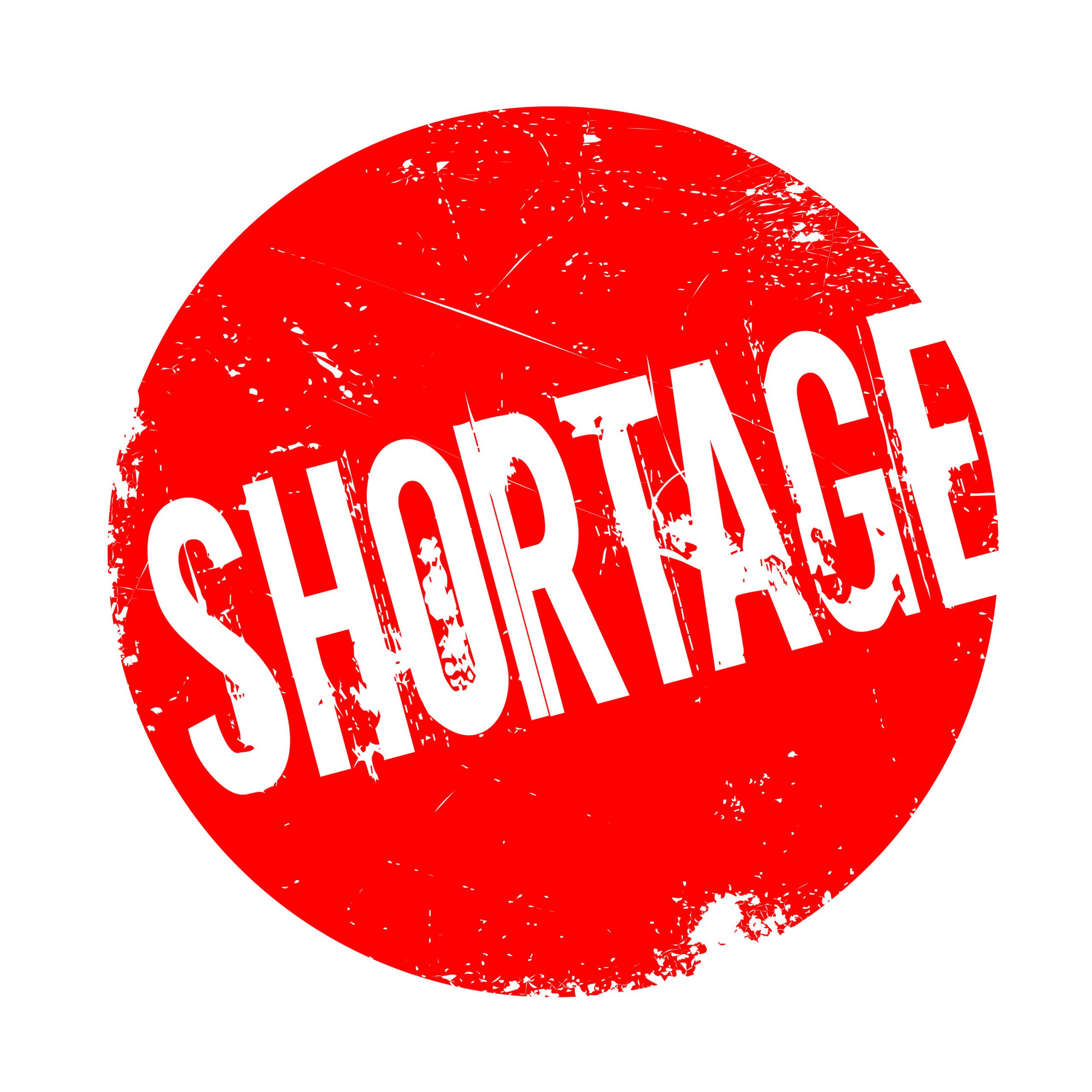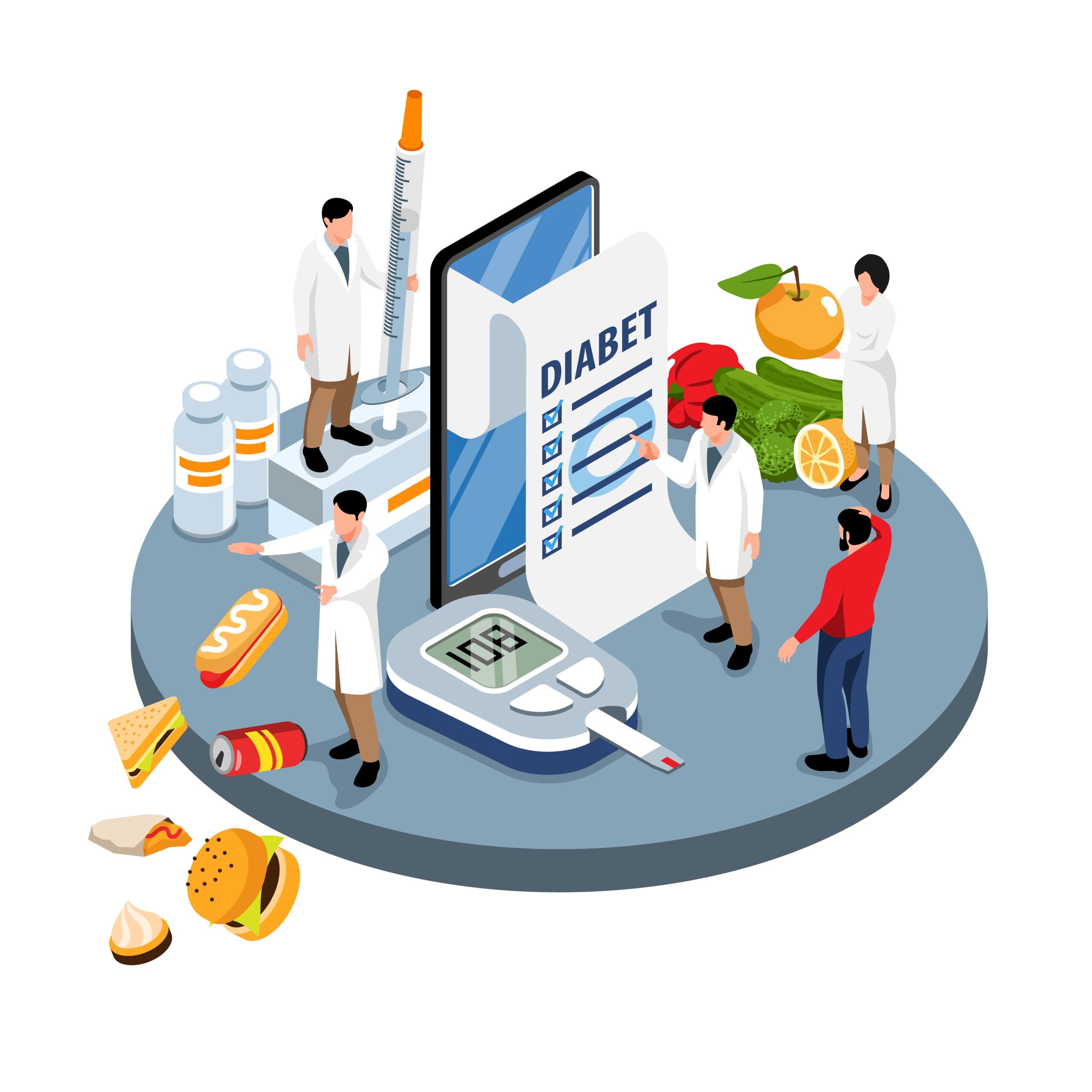The GLP-1 Shortage Crisis: Rising Demand, Limited Supply, and Soaring Prices
January 22, 2024
 765
765 
In the healthcare world, a pressing issue is emerging: a significant shortage of GLP-1 medications, including widely known drugs like Ozempic and Wegovy.
Originally designed for diabetes management and weight loss, these medications have become victims of their own success, with demand skyrocketing far beyond anticipated levels.
This surge in demand, coupled with the complex challenges in production, has led to a scarcity that is being felt globally.
As we delve into this topic, we’ll explore the multifaceted reasons behind this shortage and the wide-reaching consequences it’s having on patients and healthcare systems alike.

The current shortage of GLP-1 medications is a confluence of various factors, each adding layers of complexity to the issue.
Surging Demand for Weight Management and Off-Label Uses
GLP-1 medications like Ozempic and Wegovy have gained immense popularity for their effectiveness in aiding weight loss, leading to an unprecedented increase in demand.
This demand is not just limited to their approved uses; off-label applications for weight management have further fueled the surge.
The promise of significant weight loss results has driven more people to seek these medications, leading to a surge in prescriptions and usage.
Production and Supply Chain Challenges
Manufacturing GLP-1 medications is a complex and delicate process, with specific requirements and limitations.
Scaling up production to meet the soaring demand has posed significant challenges for pharmaceutical companies.
Even with manufacturers working tirelessly to increase production, the supply still struggles to keep pace with the growing demand.
Global Impact on Availability
The shortage of these medications is a global issue, impacting patients and healthcare providers around the world.
From North America to Europe and beyond, the shortfall in supply is affecting the availability of these crucial drugs.
This widespread shortage is disrupting treatment plans for individuals relying on these medications, causing concern and uncertainty across various healthcare systems.

The shortage of GLP-1 medications is not just a logistical problem; it has real and profound effects on the lives of those who depend on them.
Difficulties in Managing Diabetes and Obesity
For patients with diabetes, GLP-1 medications are essential in controlling blood sugar levels and managing the disease.
The shortage compromises their ability to effectively manage diabetes, increasing the risk of complications.
Similarly, for those using these drugs for obesity management, the shortage disrupts their treatment regimen, potentially leading to setbacks in their weight loss journey.
Challenges in Accessing Treatment
Patients are facing significant challenges in accessing these medications, with many unable to fill their prescriptions.
The scarcity of GLP-1 drugs is forcing some to seek alternative treatments, which may not be as effective or suitable for their specific needs.
The situation is causing distress and frustration among patients, with the uncertainty of when the drugs will be available again adding to their anxiety.

In response to the shortage, efforts are being made to find alternative treatments and solutions.
Exploring Other Medications and Therapies
Healthcare providers are turning to other diabetes and obesity medications to fill the gap left by the shortage of GLP-1 drugs.
While these alternatives may provide some relief, they may not offer the same level of effectiveness or may come with their own set of side effects and challenges.
Looking to the Future: Preventing Further Shortages
The current crisis has highlighted the need for better planning and preparedness in the pharmaceutical industry.
Efforts are being made to improve production processes, increase manufacturing capacity, and enhance supply chain management to prevent similar shortages in the future.
The GLP-1 medication shortage is a complex issue with far-reaching implications.
Highlighting the Need for Sustainable Solutions
The situation underscores the importance of having sustainable and reliable access to essential medications.
It calls for a collaborative effort from pharmaceutical companies, healthcare providers, and policymakers to ensure that patients have the medications they need.

A new study suggests that a widely used sugar substitute found in diet sodas, chewing gum, and low-sugar yogurt may elevate insulin levels. This could increase the long-term risk of heart disease. “Artificial sweeteners have infiltrated nearly all types of food, making it crucial to understand their long-term health effects,” said Yihai Cao, senior author […]

Diet Coke has long been a fan-favorite among soda lovers who want a fizzy, guilt-free alternative to traditional soft drinks. While its zero-calorie, zero-sugar label makes it seem like a healthier option, the reality is far more concerning. Despite its undeniable popularity, Diet Coke’s nutritional profile has raised red flags among health experts for years. […]

New study shows that embracing an anti-inflammatory, plant-forward diet can support cognitive function and help reduce the risk of dementia. What You Eat Shapes Your Brain The food you eat doesn’t just impact your body—it also affects your brain. Research suggests that eating an anti-inflammatory, plant-based diet can help improve memory, focus, and overall brain […]